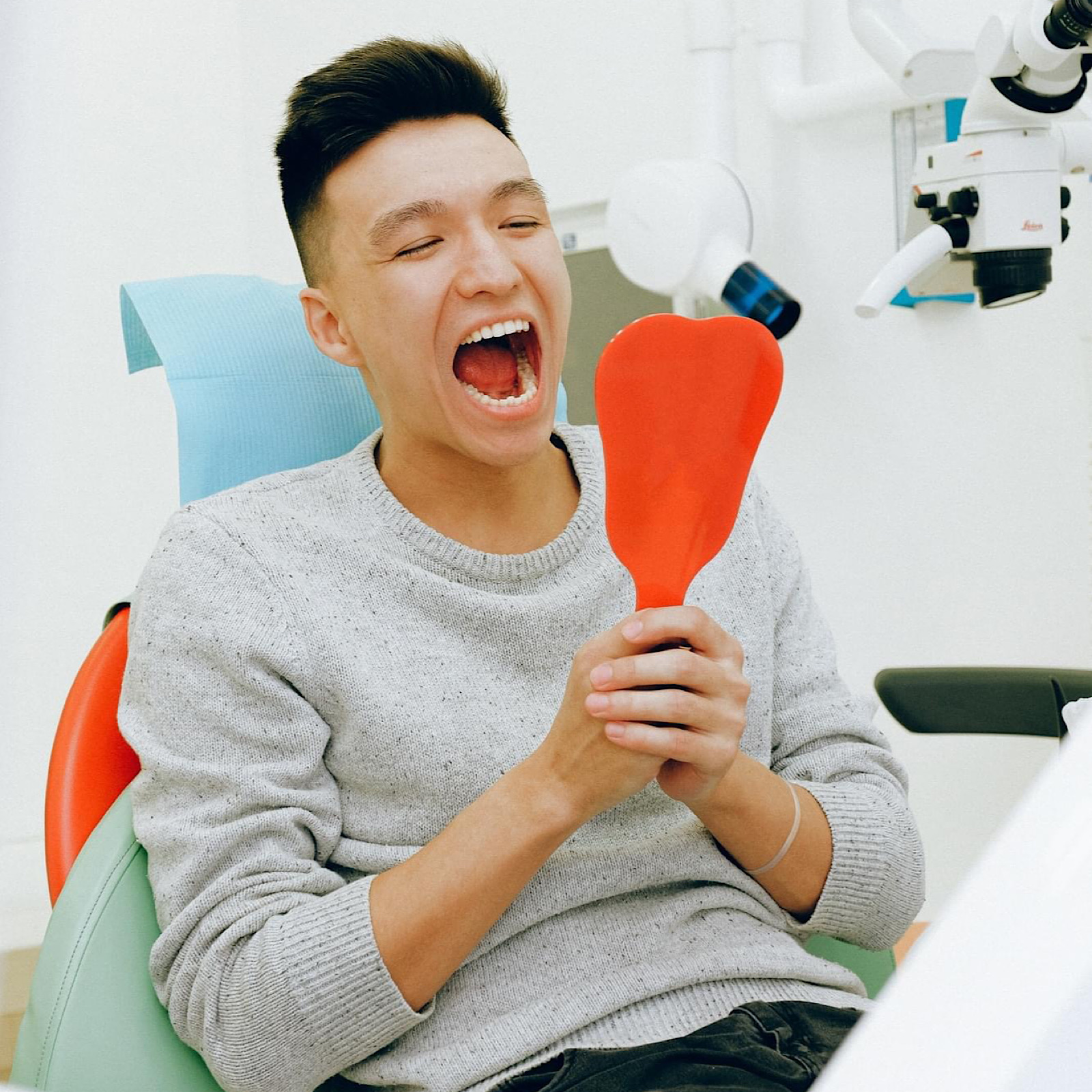 Iodine is an essential mineral, and most of the American population does not consume enough of this nutrient. In the United States most medical doctors believe that people get enough iodine from iodized table salt, but this is not true. It has been found that 1 in 10 Americans does not get the proper amount of iodine.
Iodine is an essential mineral, and most of the American population does not consume enough of this nutrient. In the United States most medical doctors believe that people get enough iodine from iodized table salt, but this is not true. It has been found that 1 in 10 Americans does not get the proper amount of iodine.
Iodine is responsible for many roles in the body. It is needed for proper thyroid function –the thyroid gland regulates most of the endocrine system– cellular metabolism, healthy hormone production, cancer prevention and immune response. It is also required to maintain a healthy immune system, and it is known for its other benefits such as its anti-cancer, antibacterial, anti-viral and anti-parasitic properties.
Without proper iodine intake, one can experience thyroid diseases like cancer and hypothyroidism, swollen throat glands, decreased fertility rates, increased fluoride toxicity and increased infant mortality rates. There are about 20 million Americans with some form of thyroid disease, and 60% of them don’t even know it. Women tend to have more thyroid problems than men, and 1 in 8 contracts a thyroid disorder.
Hypothyroidism is when there is not enough thyroid gland production, mostly caused by too little iodine in the diet. Symptoms include weight gain, low energy levels, chronic fatigue, low metabolism, depression, dry skin, cold intolerance, hair loss and menstrual irregularity in women.
There is research that establishes a link between iodine intake and breast health. For example, the high amount of iodine in the Japanese diet is believed to be closely related to their low rates of breast disease. There are also both human and animal studies that show that “iodine suppresses the development and size of lumps in breast tissue.” Therefore, a connection has been made that iodine deficiency actually increases the risk of breast disease.
Proper iodine intake is just as important to men’s health. Data shows that men with high iodine intake have a 29 percent lower risk of prostate problems. And men with prior or existing thyroid problems have as much as three times the risk of developing prostate problems.
Proper iodine supplementation can treat many conditions, including ADD, ADHD, breast cancer, detoxification, fatigue, hypothyroidism, infertility, migraine headaches, ovarian and prostate diseases –including cancer– sebaceous cysts, thyroid disorders and vaginal infections.
For supplementation, the proper iodine dosage is critical. The effective amount varies between 12 and 50 milligrams per day for most adults. To find your correct dose of this essential mineral, proper testing is encouraged. Contact Dr. Herrmann at Assure A Smile for more information on iodine testing.
Foods That are Naturally Rich in Iodine
Shellfish: Be careful of the source of shellfish since certain areas, like the Gulf of Mexico and the Pacific, have been polluted in recent years.
Seaweed: Kelp can be eaten whole or taken as a supplement. But, again, be careful of its source.
Coconut oil: Use organic, cold pressed virgin coconut oil for cooking and baking. It can also be taken as a supplement –one or two spoonfuls per day.
Salt: Table salt is usually processed and can contain toxic ingredients. Himalayan salt and Celtic sea salt that is not processed contains some natural iodine.
Other foods that naturally contain iodine are broccoli, Brussels sprouts, cabbage, cod liver oil, egg yolks, kale, kelp, organic butter and ghee and turnips.
This special health report has been produced by Assure a Smile, South Florida’s Home of Holistic Dentistry. For more information, readers are invited to visit the URLs in the Sources section below. Readers may also schedule an appointment with a Miami dentist online, or call our front desk directly at 305-274-0047.
Sources for this health report include:
http://www.naturalnews.com/036632_thyroid_foods_remedies.html
http://www.naturalnews.com/034406_iodine_thyroid_supplements.html
http://www.naturalnews.com/033811_thyroid_cancer.html
http://www.naturalnews.com/023107_iodine_body_thyroid.html
http://www.naturalnews.com/034850_breast_cancer_thyroid_iodine.html
http://labtestsonline.org/understanding/conditions/thyroid/start/1
http://www.unc.edu/~jenhoppe/IDD%20Research%20Paper.pdf



